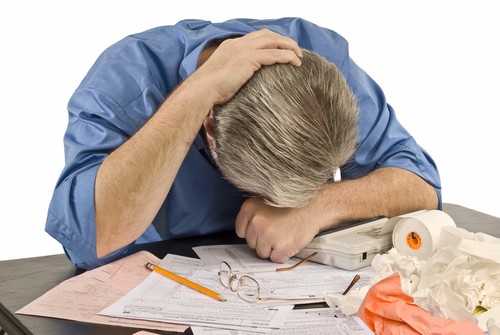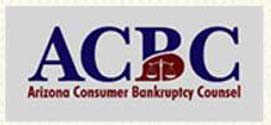
Can bankruptcy stop a creditor from taking money out of my paycheck?
Yes. When money is owed to a creditor, the creditor can go to court and get a judgment against the Debtor. If the Debtor don’t work something out with the creditor to pay off the judgment, the creditor can file a Writ of Garnishment with the Court, and the Writ then forces the Debtor’s employer to take money out of each paycheck and pay it to the creditor.
The minute a bankruptcy petition is filed, the Debtor and all his or her assets are protected from the collection efforts of creditors by the automatic stay.
If the garnishment has already started, the filing of a Chapter 7 or Chapter 13 petition will stop it. A Chapter 7 or Chapter 13 bankruptcy attorney will contact the lawyer representing the creditor and notify them of the bankruptcy filing, and they will have to stop garnishing the paycheck immediately.
If any garnishment happens after the petition is filed, the creditor must refund that money to the Debtor. However, the bankruptcy petition will not result in a refund of any money taken out of a paycheck before the bankruptcy petition was filed.




